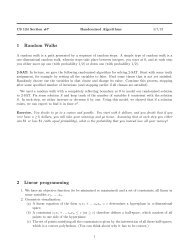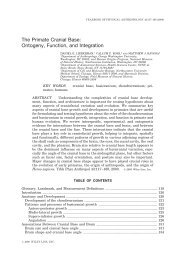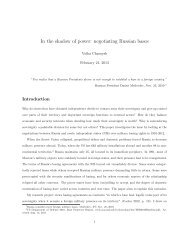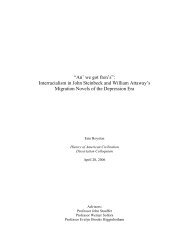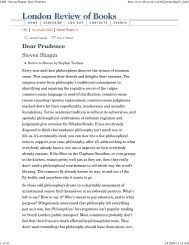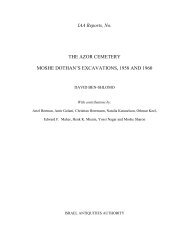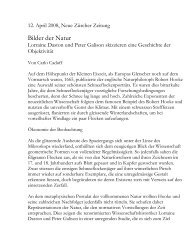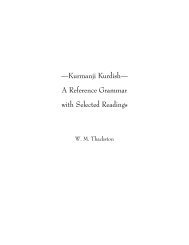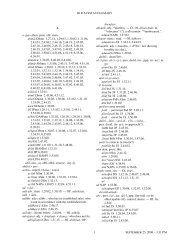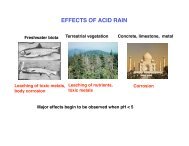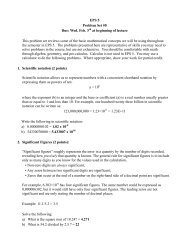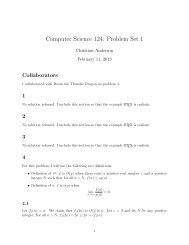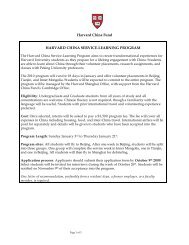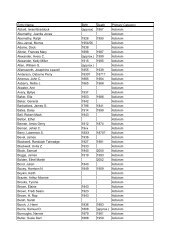—Kurmanji Kurdish— A Reference Grammar with Selected Readings
—Kurmanji Kurdish— A Reference Grammar with Selected Readings
—Kurmanji Kurdish— A Reference Grammar with Selected Readings
Create successful ePaper yourself
Turn your PDF publications into a flip-book with our unique Google optimized e-Paper software.
see §33.<br />
Çavên Nazê nedikaribûn êdî hêstiran<br />
paş ve vegerînin.<br />
Nazê’s eyes couldn’t keep back the tears<br />
any longer.<br />
Wî baş dizanibû ku wê rê şaş ne kiriye. He well knew that he hadn’t made a<br />
mistake.<br />
A rastî me nizanibû em bi ku da diçin. We really didn’t know where we were<br />
going.<br />
Although, strictly speaking, karîn is intransitive, in the past tenses the<br />
choice of nominative or oblique subject pronoun is generally dictated by the<br />
complementary verb. When the complementary verb is intransitive, the<br />
nominative pronoun is used and karîn is conjugated as an intransitive, as in<br />
the following:<br />
Ez êdî nikarîbûm li ser lingan rawestiyama.<br />
I was still not able to get up on my legs.<br />
Ez nikarîbûm jê re bibûma alîkar. I wasn’t able to be helpful to him.<br />
When the complementary verb is transitive, the oblique pronoun is used and<br />
karîn is conjugated as an ergative, as in the following:<br />
Te nikaribû awirên xwe ji destê çakêtê<br />
vala dûr bikî.<br />
Qederê mehekê min nikarîbû dora xwe<br />
bidîta.<br />
KURMANJI KURDISH<br />
You couldn’t take your eyes off the<br />
empty sleeve of the jacket.<br />
For a month I wasn’t able to see my surroundings..<br />
§ 22. The Past Subjunctive. The past subjunctive is formed like the past<br />
perfect, but instead of the past tense of bûn, the present subjunctive of bûn<br />
is added, and to the whole is added the bí- subjunctive prefix (which may be<br />
omitted for stylisic reasons) or né- for the negative. As <strong>with</strong> all past tenses,<br />
the past subjunctive is nonergative <strong>with</strong> intransitives and ergative <strong>with</strong> transitives.<br />
INTRANSITIVE TRANSITIVE/ERGATIVE<br />
ez bihatibim em bihatibin min bidîtibe me bidîtibe<br />
tu bihatibî hun bihatibin te bidîtibe we bidîtibe<br />
58



